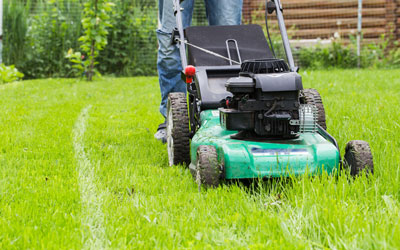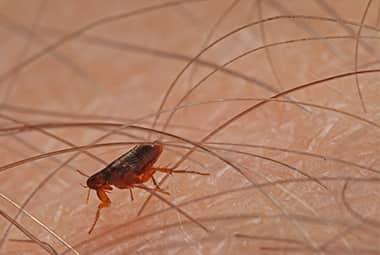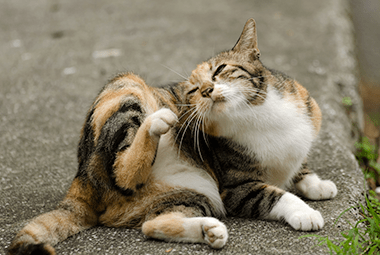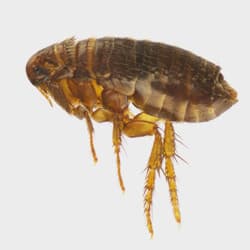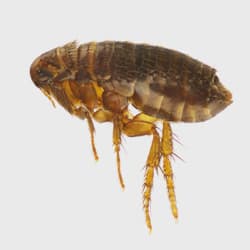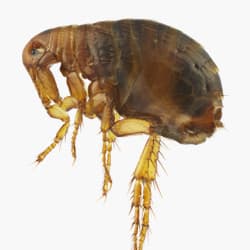The sunshine and heat of spring have been widely welcomed around Knoxville TN this year. Good weather brings us all out of our homes and into the world, but it brings all kinds of regional pests out of their winter hiding, too. Especially after a spring rain, all kinds of insects and wildlife enjoy new plant growth, easy access to food and water, and hospitable conditions. Are you looking to keep pests out of your backyard this spring and summer? Read on to find out how with Russell’s Pest Control!
10 Tips to Help You Pest-Proof Your Backyard
If you don’t take proper preventative measures during the spring, your backyard is sure to be overridden by pests all summer long. We recommend that you consider this advice for easy at-home pest prevention. Here are our top 10 tips for DIY pest control in your backyard:
- Deal with standing water: Standing water pools, even tiny puddles, can provide mosquitoes with a place to breed and lay their eggs. Pour out or cover still water in gutters, planters, tarps, buckets, and anywhere else in your yard.
- Trim plants: Letting your plants grow out of control can provide many kinds of pests with shaded hiding places. Trim your plants back to keep mosquitoes, ticks, fleas, and more out of your yard.
- Get rid of yard waste: Scattered branches and leaves or piles of yard waste left in your yard can provide hiding places for many kinds of insects. Deal with yard waste as often as you can.
- Use garden netting: If you have a garden, chances are that many insects and even wild animals know about it. Using garden netting can deter common garden pests from beetles to raccoons.
- Mow the lawn often: Mowing your lawn once a week can prevent overgrowth from trapping standing water and hosting all kinds of bugs.
- Dethatch your lawn: While a thin layer of thatch keeps your lawn’s temperature regulated, too much of it will lead to a rapidly increasing lawn pest population in your backyard, capitalizing on new hiding places, moisture, and prey.
- Keep bins sealed and distant: If given the opportunity, pests ranging from wasps to opossums will go through your trash bins looking for food. Ensure your trash bins are sealed shut and keep them far away from your backyard if possible.
- Store firewood safely: Stacks of firewood left leaning against the outside of your home can lead to devastating termite infestations in your back deck or your home. Store your firewood off of the ground and far away from your house if possible.
- Water your lawn carefully: Overwatering and underwatering your lawn can both lead to pest problems. Installing a sprinkler or irrigation system can help you regulate your lawn’s water intake.
- Hire an exterminator: An experienced local exterminator can help you determine the reasons for your pest problems and figure out the best way to put a stop to them.
Pest Control for Your Backyard in Knoxville TN
If you want to ensure that your backyard is pest-free this summer, reach out to your local pest control company. The technicians at Russell’s Pest Control are familiar with all of the common pest problems that Knoxville residents face. We can develop a unique pest control plan that fits the needs and qualities of your backyard, keeping you pest-free all year long. Contact us today for a free quote!

